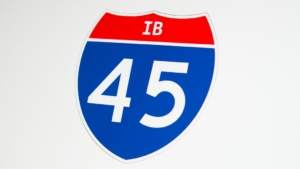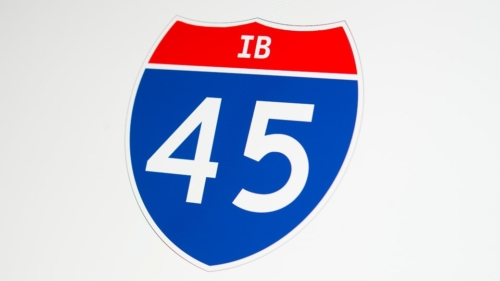IB Results Day 2017
This year, IB results will be issued on July 5th for exams taken in May. If you are awaiting your IB results, this blog sets out what to do on results day, including how to access your results and what to do if you don't get the grades you were expecting.
On the 5th July this year, the International Baccalaureate Organisation (IBO) will issue results for students who sat exams in the May session. Students will not only find out whether they have achieved the Diploma and exceeded their expectations in results, but also whether they have been accepted to their universities of choice.
The IBO tend to be one of the more efficient examination organisations, delivering results fairly quickly after the last exams from the May session have been taken. The purpose of this guide is to help students who aren’t sure how to access their grades, and offer advice to students who may have missed their target grades in relation to University admissions.
How to access your IB results
Your school should have informed you of the process already. The day after results have been issued, you will be able to access your results via the candidates results service. You should have been issued with two codes to access your exam results online. Make sure you have these handy well before the day – it will likely take a while to be issued with new codes!
As the IBO release Diploma results online for students across the globe, the release times are staggered across the day. Results are usually issued early afternoon in the UK.
You need to logon to the IB results website to obtain your results, which can be accessed here (opens in new window).
Sending IB results to Universities
On request, the IBO will provide an official transcript of your results, free of charge, and send this to up to six Universities on your behalf (only one of these can be in the US or Canada).
Additional transcripts can be ordered online here (opens in new window).
What if I didn’t get the grades I wanted?
Act quickly
As soon as your results come through, you will know whether your place at your first choice university is safe or whether you need to confirm this if you have not quite met the grade requirements that they have set for you.
Many people do not act quickly, instead choosing to continue their summer holidays and leaving the difficult decisions for some other time. By acting quickly you will significantly increase your likelihood of getting into the university that you would like to.
Get in touch with your university of choice
The first action that you should take is to contact the university and ask them if they will still accept you on the basis of the grades that you received. Universities take a lot of factors into account when making offers and they are unlikely to rescind offers on the basis of a slightly lower score. Getting confirmation of this can be scary as there is a chance that you may no longer be able to go to your preferred destination. Obtaining this confirmation as quickly as possible is important, however, as if you are still welcome, it can put your mind at rest and if not, you can begin to plan your alternative route.
Devise alternatives
If you are not able to go to your university of choice it is time to start thinking of alternatives. There may have been other institutions that you would be accepted to and so it is worth finding out whether this is an option too. Getting in touch with any second choice universities should be your next course of action or accepting a place that had a lower offer. If you are not in a position to meet any of the offers that you were given you should investigate clearing options. There are always places at other universities due to changes in other people’s circumstances and the key to finding them is also to act quickly.
Consider remarking
There is a chance that you may be able to increase your grades through asking for a remark of your papers. If you are very close to meeting an offer (missing out by one point for instance), it may well be worth asking for the paper to be remarked. You must be aware under this circumstance however that once you ask for a remark, your score may also be marked further down, rather than up. It is important to be honest with yourself here. If you genuinely feel that you did much better on your paper than the grade you received, ask for a remark. If, deep down, you know that the grade accurately reflects how you feel the test went, do not waste precious time and money by asking for a remark when you could be focusing on the clearing process or preparing for retakes.
Consider re-takes
Nobody wants to perform retakes. However, if you are at a point where you are not able to fulfil your ambitions given the results you have achieved, this might be your best option. As with all of the advice in this article, speed is of the utmost importance. IB resits are in November meaning that you will not have much time to prepare for them once you have received your marks. Do not hang around. All too many people get the same marks in resits as they did in the summer exams as they do not adequately prepare for them. Five months is a long time and it is almost certain that you will have forgotten much of the material that you had locked away in your memory at the start of May. If you are going to do resits at all, do them properly and make sure that you improve on your summer exams. Otherwise the exercise will be futile.
We have a number of highly experienced IB tutors who can help you prepare for November retakes. Contact us to find out more via enquiries@owltutors.co.uk
[/tagline_box]



Start the discussion!